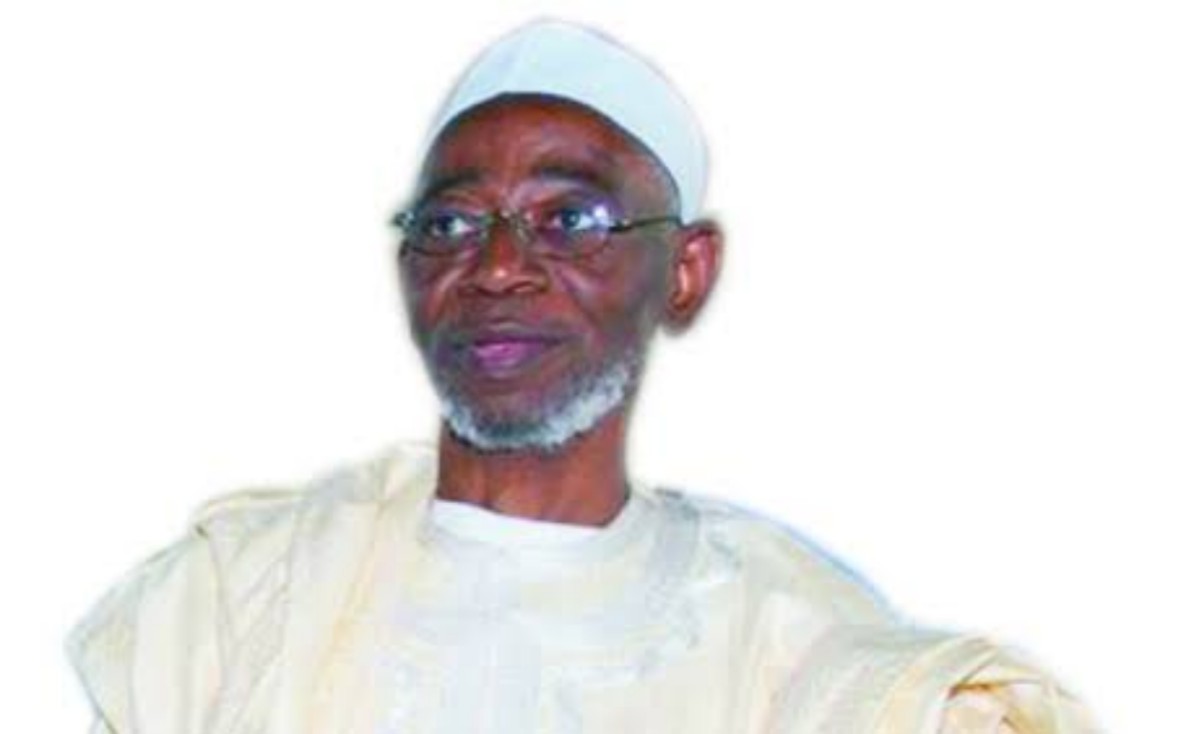Abubakar Gimba (1952–2015) was one of Nigeria’s most respected authors, administrators, and economists, celebrated for his sharp moral vision and his enduring contributions to both literature and public service. A man of many talents, Gimba combined a distinguished career in civil administration and finance with a passion for writing that placed him among Nigeria’s most influential literary figures.
Early Life and Education
Born in 1952 in Niger State, Gimba received his education during the formative years of Nigeria’s independence. He studied economics and went on to build a successful career in public service and the banking sector. His early training in economic management later informed his worldview and his creative writing, where themes of governance, leadership, and social responsibility featured prominently.
Career in Public Service and Finance
Gimba held several key positions in Nigeria’s civil service. He rose to the rank of Permanent Secretary in the Ministry of Finance, a role that placed him at the heart of national policy formulation. Beyond government service, he worked in the banking sector, where he applied his expertise in economics and finance to administrative and management responsibilities.
His dual roles as both an administrator and a writer made him a rare voice who could critique the system from within while also appealing to the conscience of the people through literature.
Literary Contributions
Gimba made his literary debut in 1985 with the novel Trail of Sacrifice. The book was a direct critique of Nigeria’s failed leadership and explored the moral compromises that had weakened national unity. It resonated strongly with readers and critics, setting the tone for his subsequent works.
Throughout his career, Gimba wrote several novels, short stories, and essays that tackled issues of corruption, moral decay, and the socio-political challenges of post-colonial Nigeria. His works were known for blending storytelling with social critique, presenting literature as a tool for reform and reflection.
Role in the Association of Nigerian Authors (ANA)
Beyond his personal achievements, Gimba played a pivotal role in strengthening Nigeria’s literary community. He served as Vice President and later President of the Association of Nigerian Authors (ANA), the country’s foremost literary organization founded by Chinua Achebe. During his tenure, he championed the promotion of Nigerian writing, mentorship of younger authors, and the preservation of literature as a platform for national development.
Legacy
Abubakar Gimba passed away in 2015, but his legacy continues to shape Nigeria’s literary and intellectual life. He is remembered as a writer who saw literature as a mirror for society’s failures and possibilities, an economist who sought solutions to Nigeria’s structural problems, and a public servant who combined duty with integrity.
For many Nigerians, Gimba remains a model of how intellectuals can bridge the gap between governance and art, using both pen and policy to strive for a more just society.
FOLLOW US ON:
FACEBOOK
TWITTER
PINTEREST
TIKTOK
YOUTUBE
LINKEDIN
TUMBLR
INSTAGRAM































